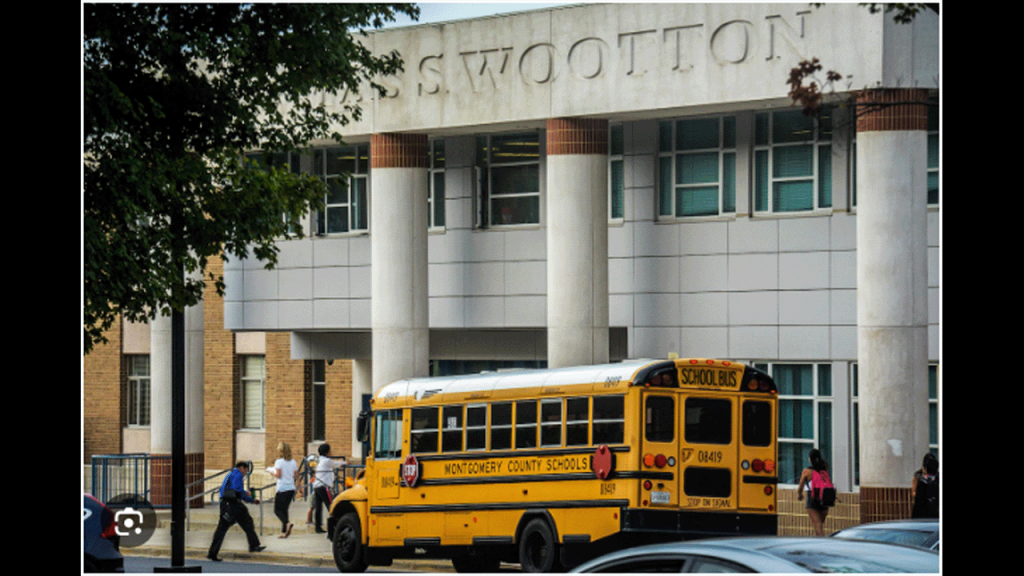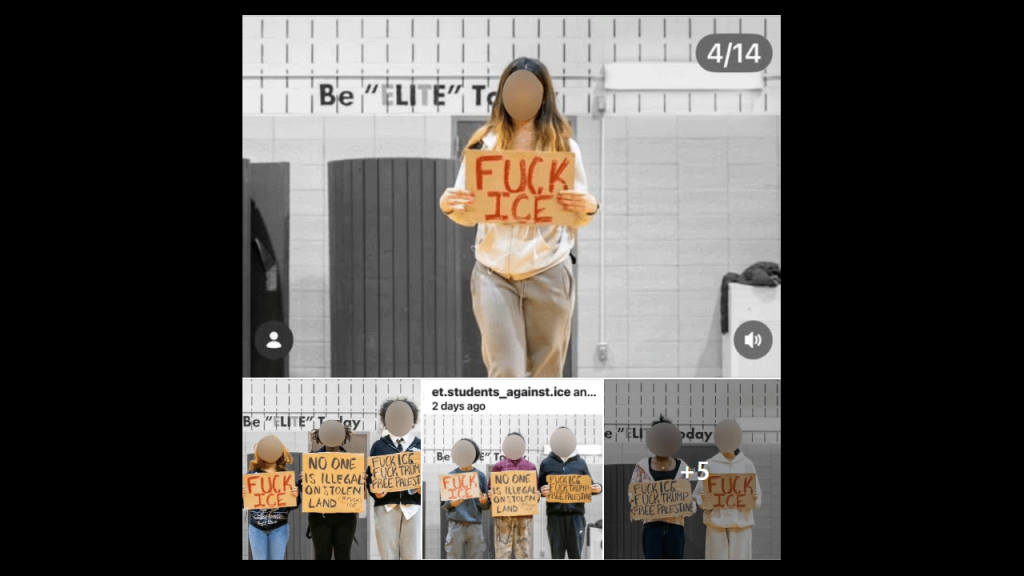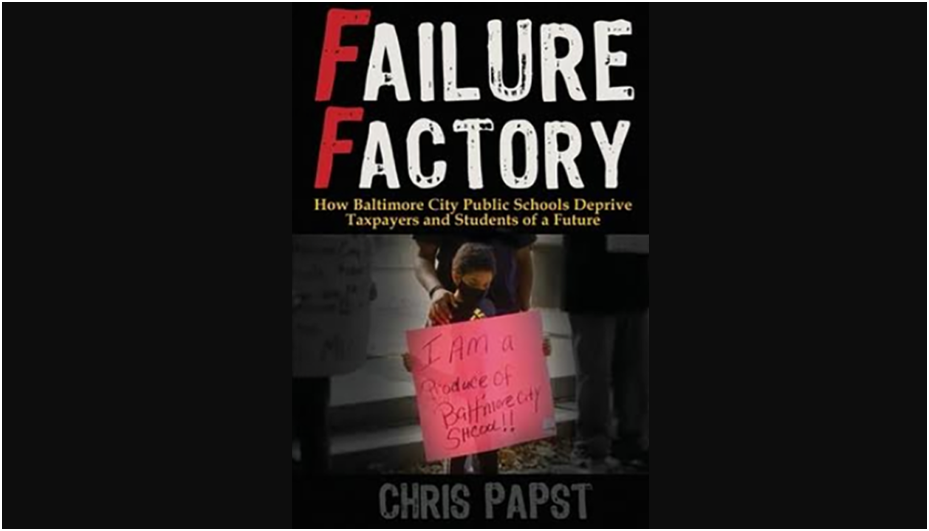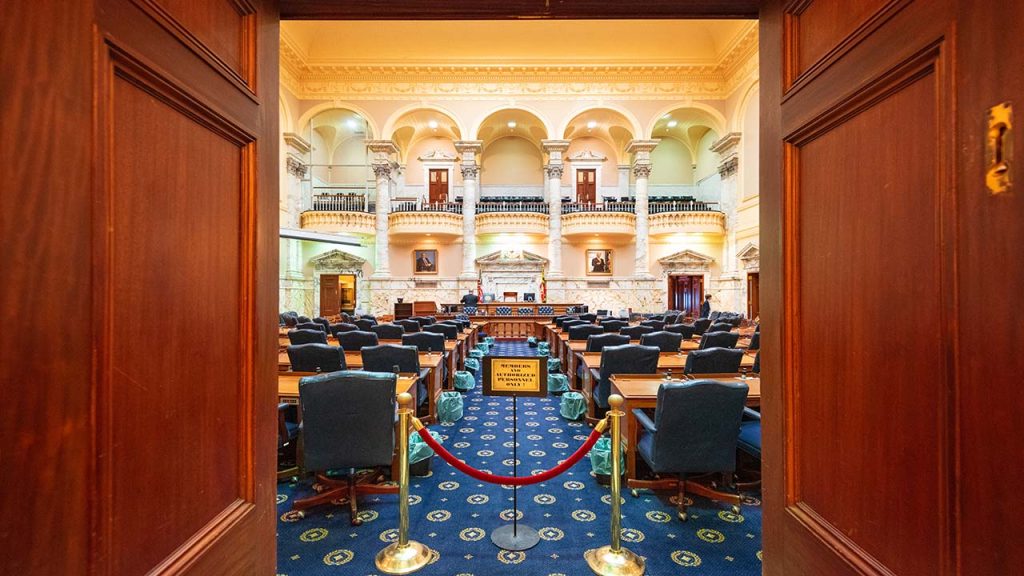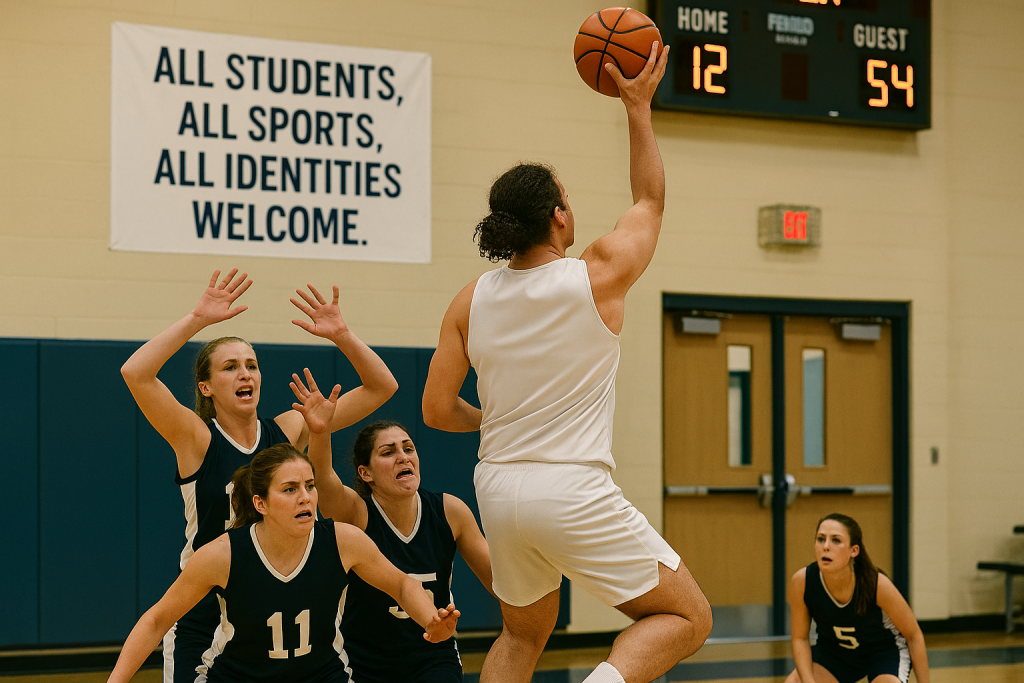
We Need to Recalibrate the Parent-Teacher Relationship (Opinion)
As we embark on a new school year, it’s a timely moment to ask how we might strengthen the relationship between parents and teachers. And it’s about time. During the past few years, lackluster remote learning, extended school closures, and a window into classroom practice left millions of parents newly skeptical of their schools. At the same time, the experience of the pandemic taught millions of parents that teaching was tougher and more exhausting than they’d ever realized.
Baltimore public schools CEO Sonja Santelises put it well in the thoughtful essay she penned for Education Week, observing, “I have been struck by the number of principals telling me about staff who have said they were wrong about this parent or that grandmother, now seen more as a vital ally rather than an unwanted adversary.” She continued, “No longer can we dust off the welcome mats for back-to-school nights and parent-teacher conferences and then swiftly roll them back up, shooing parents away and telling them, ‘Trust us.’ We are now guests in their homes.”
The data suggest that parental frustrations aren’t without cause. About half of teachers report that they devote less than an hour a week to communicating with parents, guardians, and the community. Just 13 percent of teachers spend more than three hours a week doing so.
Today, after several years of culture clashes over school closures, masking, vaccine mandates, critical race theory, gender identity, and more, it’s easy to take sides for or against parental influence. If we back away from the politics though, almost every educator will tell you that schooling is, by its very nature, a partnership between parents and teachers.
So, the real question is, what should that partnership look like?
Teachers must be professionally capable, committed to educating every child, and willing to seek ways to open a student’s heart and mind. By the same token, the job of parents and guardians is to send children to school who are responsible and ready to learn. This means getting their kid to school on time, making sure they do their homework, teaching them to respect their peers, and much else.
Now, parents, like teachers, are frequently overworked and overburdened. It can be exhausting to do these things every day. I get it. That’s why it’s vital to cultivate the partnership.
I find it useful to ask what it would mean if the parent-teacher relationship looked more like the parent-pediatrician relationship. What would that entail? Would it be good for students, educators, and parents?
Consider the responsibilities of the teacher before and after the interaction, as compared to a pediatrician. And consider a parent’s duties in both scenarios. Pondering this usually surfaces the fact that parents are more likely to defer to a pediatrician, following their instructions.
If a pediatrician says, “Get this prescription filled,” parents are pretty likely to do so; if a teacher says, “Blake needs to read every night,” things grow less certain. And that’s a problem.
As students continue to grapple with the learning loss, emotional trauma, and social isolation of the pandemic era, both parents and educators need to help.
Striking that deal requires educators to see parents as partners. That means keeping parents apprised of what’s happening in school and asking how things are going at home. It means making it easy for parents to see what’s being taught. It means valuing parental concerns. And it also means being clear about what parents, in turn, need to do.
Dig Deeper With Our Longreads
Newsletter Sign up to get our best longform features, investigations, and thought-provoking essays, in your inbox every Sunday.
The MEN was founded by John Huber in the fall of 2020. It was founded to provide a platform for expert opinion and commentary on current issues that directly or indirectly affect education. All opinions are valued and accepted providing they are expressed in a professional manner. The Maryland Education Network consists of Blogs, Videos, and other interaction among the K-12 community.




